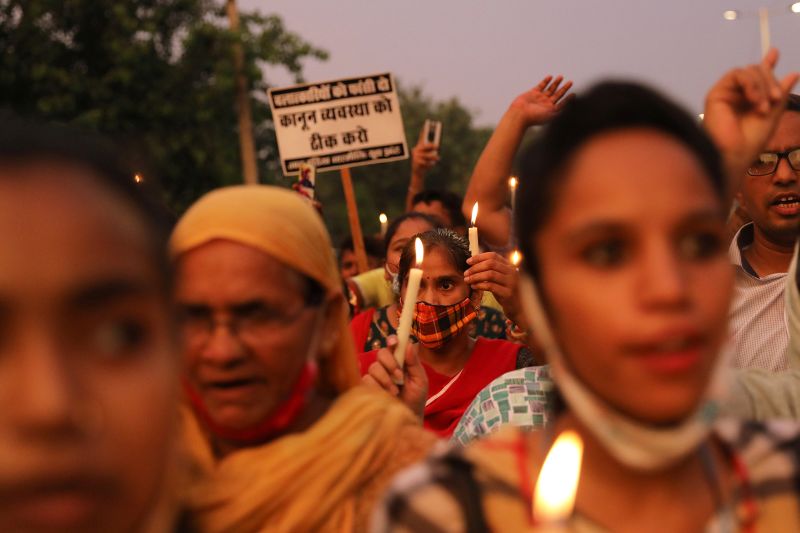Content:
To begin with, the case in question is of an Indian woman who has accused her husband of forcing her into ‘unnatural sex’. It is a widely known fact that India as a nation is renowned for its patriarchal society, where women often face discrimination, abuse, and various forms of exploitation at the hands of males. The situation becomes even more critical in matters of domestic relationships where women are often left vulnerable and exploited, with little to no recourse to justice.
At the center of the controversy is the subject of marital rape, a largely unaddressed issue in the Indian legal fraternity primarily because of deep-seated cultural norms and societal biases. The alleged victim in question here filed a complaint against her husband, accusing him of indulging in ‘unnatural sex’ – a term typically used to refer to sexual activities out of societal norms and considered unacceptable or illegal by many.
The woman’s accusations highlight the prevailing issues of marital consent and rights within the Indian society where the premise of marriage is often treated synonymously with unrestricted sexual access – an outdated concept that negates the need for consent from the partner.
However, the woman’s plea for justice hit a brick wall when the judge hearing the case declared that ‘unnatural sex’ isn’t considered a crime in a marital relationship. This ruling is not entirely surprising given the fact that India remains one of the few countries worldwide that still does not criminalize marital rape. The reasoning often cited is the fear of misuse of law, threat to the institution of marriage and sanctity of family and home.
This decision, however, has been met with widespread condemnation from both the regional and international community. Many human rights advocates and women’s rights organizations have expressed disappointment, citing this as a glaring example of the deep-rooted misogyny entrenched in the judicial system.
The case becomes even more complex when viewed against the backdrop of Section 377 of the Indian Penal Code, which criminalizes ‘unnatural sex’. Ironically, consent becomes the crux of the matter here. The law does criminalize ‘unnatural sex’ if performed without the consent of the individual. However, a married woman cannot take recourse to this provision as, within marriage, such an act isn’t recognized as a crime.
This apparent contradiction in law undermines the fundamental tenets of justice and individual rights. It negates the agency of a woman to have control over her body, vis-a-vis her rights to dignity, liberty, and life.
In this vein, it is noteworthy to mention the emerging voices from within the country advocating reform. They demand comprehensive legislative changes that recognize marital rape as a crime and ensure that women are provided with equal rights and protection under the law.
Despite the disappointing ruling, the case has ignited discussions about women’s rights, marital consent, and the urgent need for legal reform. It demonstrated how deeply societal bias can influence judicial practice and the collective imperative to challenge and change this status quo. Perhaps, with hope and sustained pressure, change will come, ensuring that all women have the right to determine their sexual and personal boundaries within marriage.




